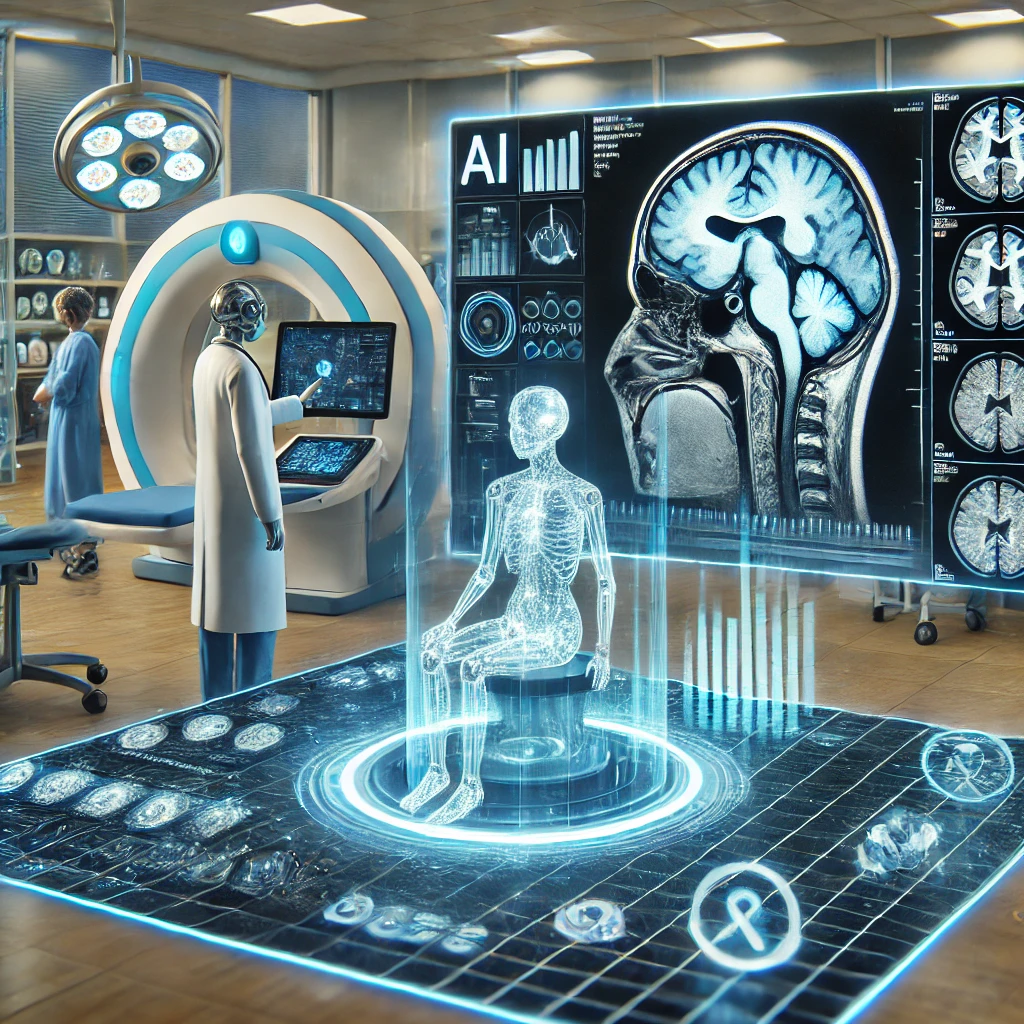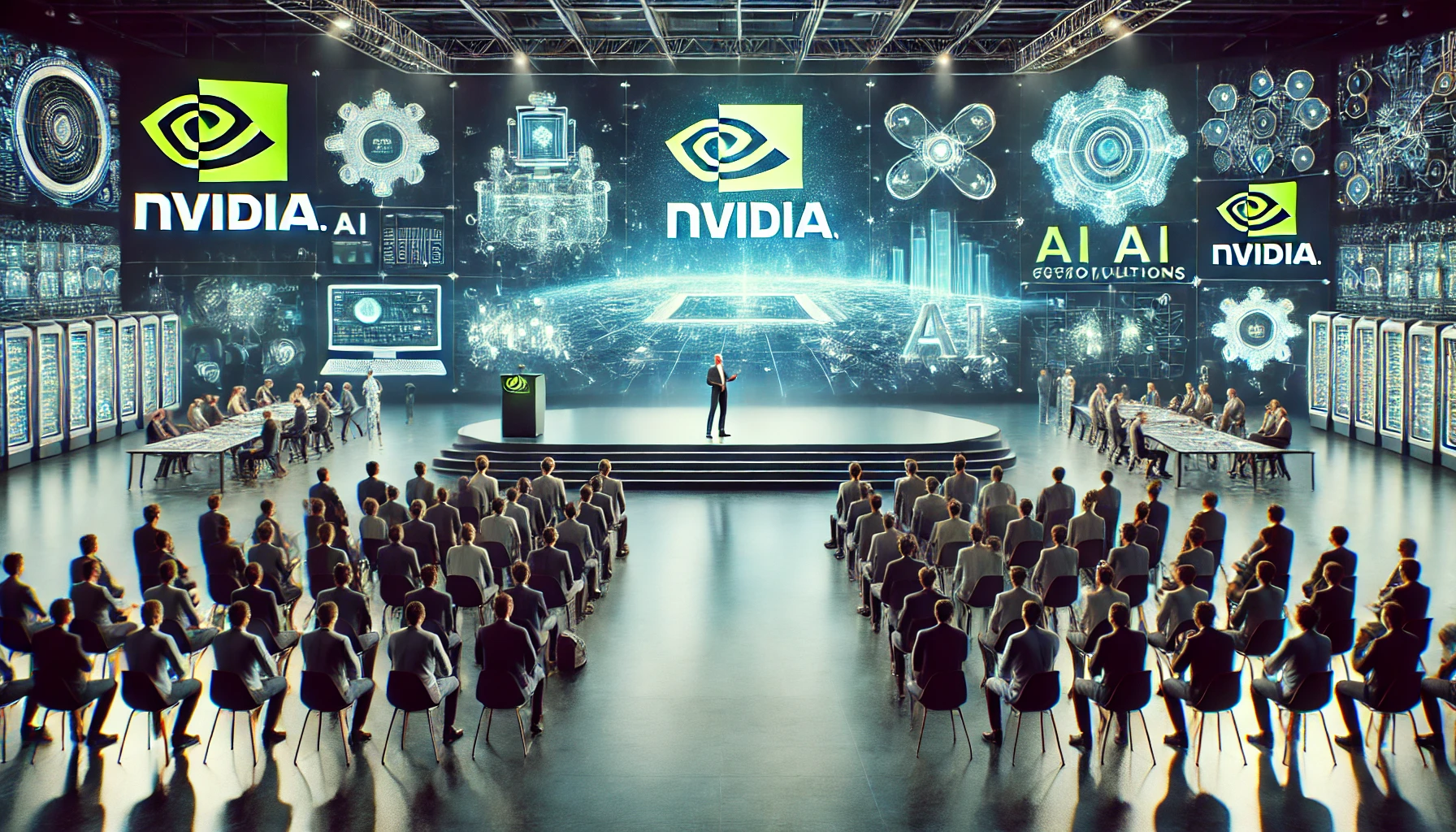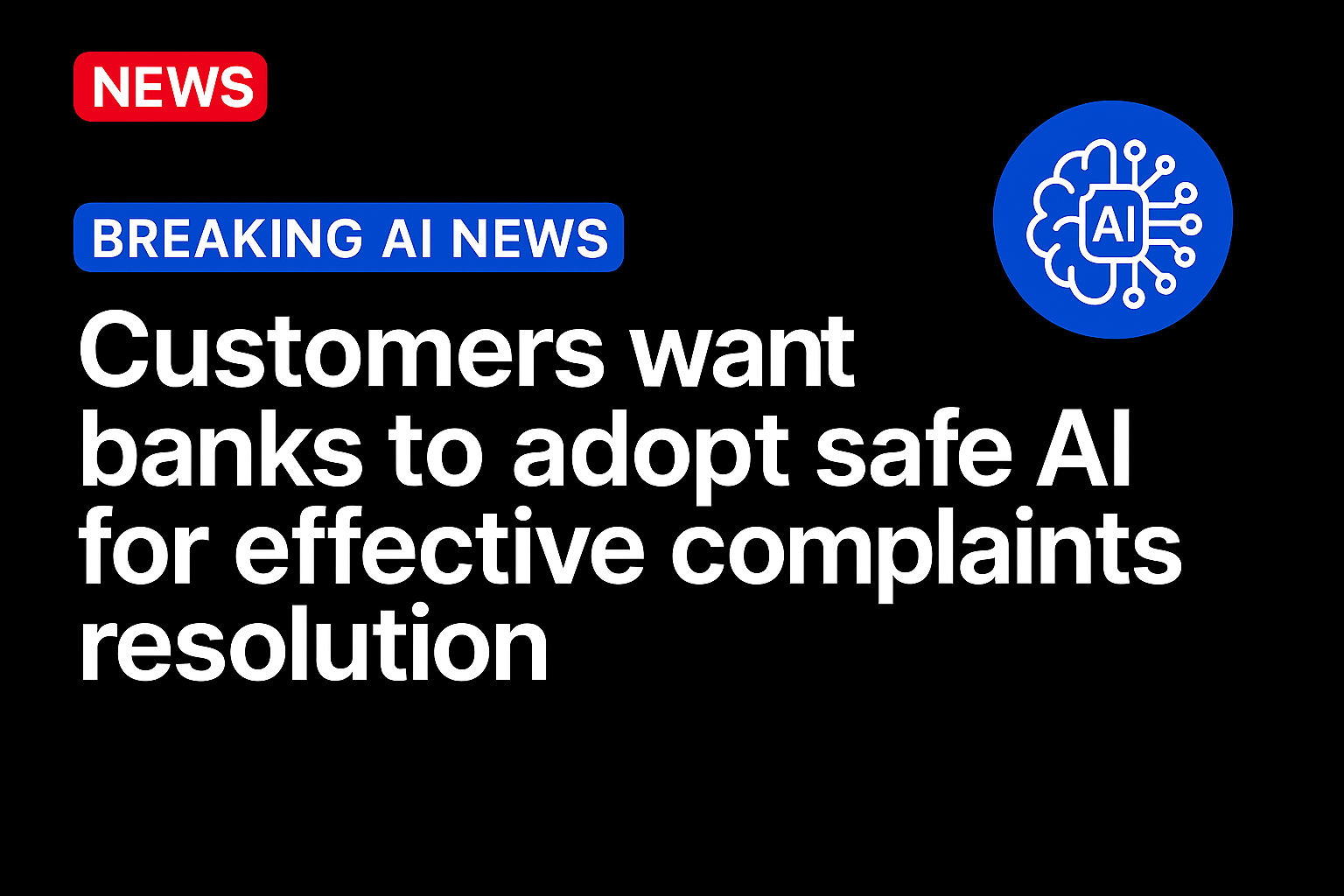The integration of artificial intelligence (AI) in healthcare is revolutionizing how medical professionals approach diagnostics, with radiology standing at the forefront of this transformation. Radiology, a critical medical field that relies on imaging to diagnose diseases, has long been labor-intensive, requiring trained specialists to interpret complex scans. However, with the advent of AI-powered diagnostics, companies like Arterys, DeepMind (now part of Google), and Cleerly are finding innovative ways to enhance the speed, accuracy, and efficiency of medical imaging, reshaping the landscape of modern healthcare.
AI in Radiology: A Paradigm Shift in Diagnostics
Artificial intelligence in radiology uses machine learning (ML) algorithms to analyze medical images, including X-rays, MRIs, CT scans, and ultrasounds. These algorithms are trained to detect patterns and anomalies, often with greater precision and speed than human radiologists can achieve on their own. This shift enables faster diagnoses and improves patient outcomes by catching conditions earlier and more accurately.
Traditionally, radiologists spend hours interpreting images, with the potential for human error or misdiagnosis due to the high volume of data and subtlety of certain medical conditions. AI-driven tools can complement human expertise by scanning images rapidly, detecting abnormalities, and suggesting areas of concern, allowing radiologists to focus on complex cases where human judgment is paramount.
Key Players Leading the AI-Radiology Revolution
Several companies are at the forefront of integrating AI into radiology, providing cutting-edge tools to revolutionize medical imaging and diagnostics. Here’s how some of these pioneers are transforming the field:
Arterys: AI for Cloud-Based Radiology
Arterys is leading the charge in developing cloud-based AI platforms that enable real-time, AI-driven analysis of medical images. Its platform integrates with existing imaging systems to assist radiologists in diagnosing a range of diseases, including heart conditions, cancer, and liver disorders.
Arterys uses deep learning models trained on large datasets of medical images to automatically analyze scans and highlight areas of potential concern. For example, in cardiac imaging, the AI can measure blood flow and identify blockages in arteries, helping doctors diagnose heart conditions more quickly and accurately.
One of the standout features of Arterys’ platform is its cloud-based infrastructure, which allows hospitals and medical centers to access AI-powered diagnostics without the need for expensive on-site hardware. This flexibility makes AI tools more accessible to healthcare providers across the globe, particularly in regions with fewer resources.
DeepMind (Google): AI for Early Disease Detection
DeepMind, acquired by Google, is another key player pushing the boundaries of AI in healthcare. Renowned for its expertise in machine learning and deep learning, DeepMind has been at the forefront of AI applications in radiology, particularly for detecting early signs of diseases that might be missed by the human eye.
DeepMind’s algorithms are being applied to ophthalmology and oncology, helping radiologists and specialists detect conditions such as diabetic retinopathy, macular degeneration, and cancer. In a groundbreaking study, DeepMind’s AI outperformed human experts in identifying early signs of breast cancer in mammograms, reducing false negatives and ensuring more accurate diagnoses.
The potential of AI in radiology is vast. By combining AI algorithms with massive datasets from Google Health, DeepMind is working on improving its systems’ accuracy and enabling earlier intervention for life-threatening diseases like cancer. In radiology, time is critical, and DeepMind’s advances have shown that AI can significantly reduce diagnostic delays, leading to better patient outcomes.
Cleerly: AI for Cardiovascular Imaging
Cleerly is transforming cardiovascular care by utilizing AI to offer more precise and personalized diagnostics in heart disease, one of the leading causes of death globally. Cleerly’s AI platform focuses on analyzing coronary CT angiography (CCTA) scans to assess heart health and detect plaque buildup in the arteries, which can lead to heart attacks and other cardiovascular diseases.
Cleerly’s platform uses AI to quantify and characterize plaque, providing radiologists and cardiologists with detailed insights into a patient’s heart health. What makes Cleerly’s approach unique is its ability to identify and differentiate between types of plaque—whether it’s calcified, fibrous, or lipid-rich—providing a more accurate risk assessment than traditional diagnostic tools.
This personalized diagnostic approach allows physicians to tailor treatment plans based on individual patient risk factors, ultimately improving outcomes for those at risk of heart disease.
Benefits of AI-Powered Radiology Diagnostics
The integration of AI into radiology offers a host of benefits, not only for healthcare providers but also for patients:
- Improved Accuracy: AI algorithms can detect patterns in medical images that may be imperceptible to the human eye, reducing the risk of misdiagnosis. By augmenting the work of radiologists, AI enhances accuracy, especially in detecting early-stage diseases such as cancer and cardiovascular issues.
- Faster Diagnoses: AI-powered tools can analyze medical images in a fraction of the time it takes for human specialists to review them. This speed is particularly crucial in emergency cases, where quicker diagnoses can lead to more timely interventions and better outcomes.
- Scalability and Access: AI platforms like Arterys’ cloud-based systems make advanced diagnostics available to healthcare providers in remote or underserved areas, where access to specialized radiology expertise may be limited.
- Cost Efficiency: By automating parts of the diagnostic process, AI can help reduce healthcare costs. Radiologists can focus on complex cases, while AI handles routine screenings, increasing efficiency and lowering operational costs.
- Continuous Learning: AI algorithms improve over time as they are trained on larger datasets. This continuous learning process enables AI systems to become more accurate and reliable, further improving patient outcomes as the technology matures.
Challenges and Ethical Considerations
While AI-powered diagnostics hold immense promise, there are challenges that must be addressed:
- Data Privacy and Security: The use of AI requires vast amounts of medical data, raising concerns about data privacy and security. Safeguarding patient information and complying with healthcare regulations like HIPAA (Health Insurance Portability and Accountability Act) are paramount.
- Bias in AI Algorithms: AI systems are only as good as the data they are trained on. If the training data is biased or unrepresentative, AI algorithms may perpetuate inaccuracies in diagnostics. Ensuring that training datasets are diverse and inclusive is critical to preventing biased outcomes in healthcare.
- Regulatory Approval: AI-driven medical devices and diagnostic tools must undergo rigorous testing and obtain regulatory approval before being widely deployed in clinical settings. Navigating these regulatory hurdles can slow down the adoption of new technologies.
The Future of AI in Radiology
As companies like Arterys, DeepMind, and Cleerly continue to push the boundaries of AI-driven diagnostics, the future of radiology is set to become more automated, accurate, and patient-centric. The continued integration of AI will likely lead to earlier detection of diseases, more personalized treatment plans, and improved patient outcomes across various medical fields.
Radiology will increasingly become a collaborative effort between humans and AI, with machines handling routine tasks and initial screenings while radiologists focus on more complex cases that require human intuition and expertise. Ultimately, AI will not replace radiologists but will enhance their ability to deliver faster, more accurate, and more efficient diagnoses.
In a world where healthcare demand is rapidly increasing, AI-powered radiology diagnostics offer a way to scale medical expertise, optimize workflows, and ensure that every patient receives the timely care they deserve. The future of healthcare is bright, and AI is poised to be a central driver of this transformation.





